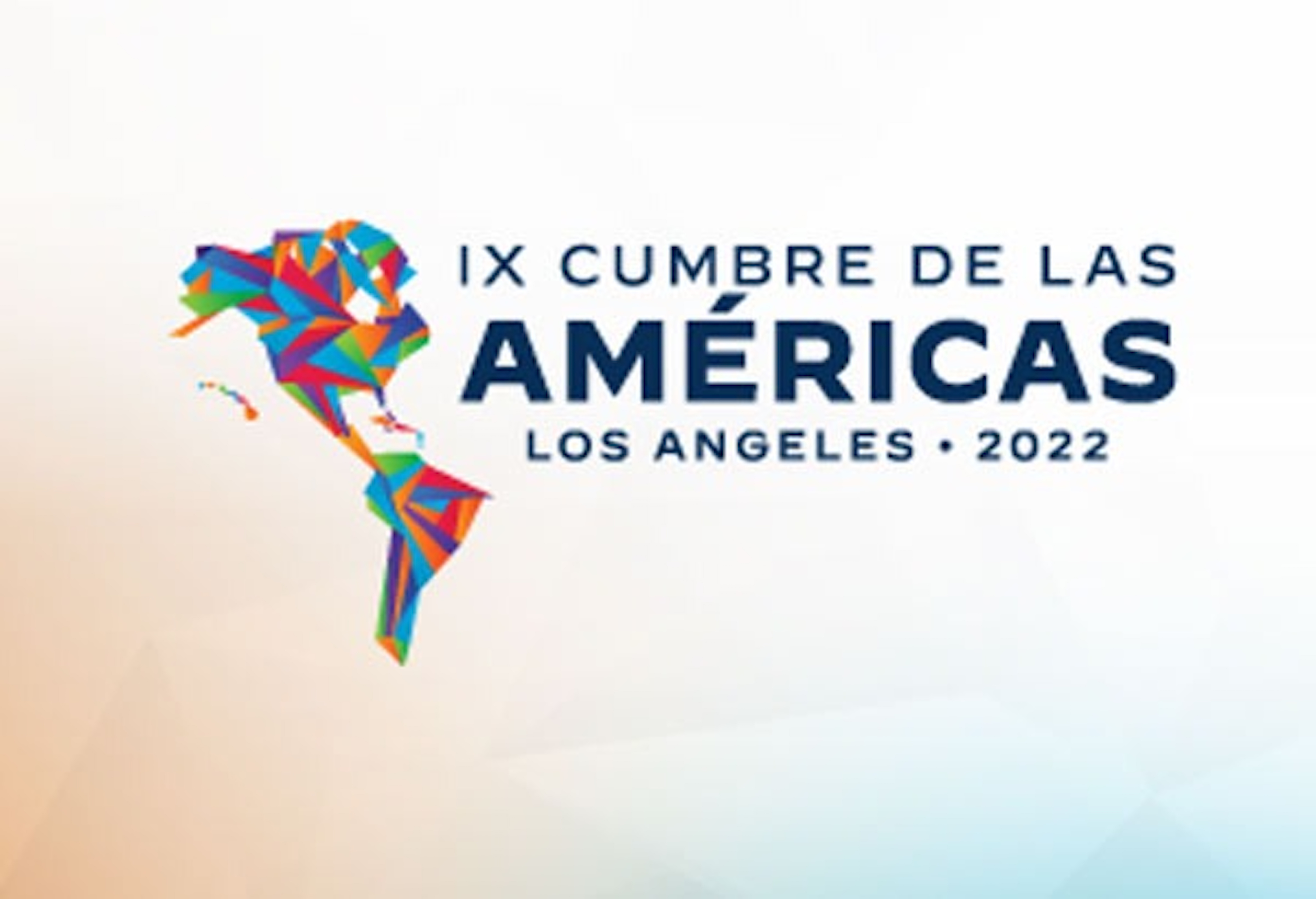
Irrelevance and clashes at the Summit of the Americas
The IX Summit of the Americas was on the wrong path from the very beginning. For the first time since its creation in 1994, this meeting in which all the leaders of

The IX Summit of the Americas was on the wrong path from the very beginning. For the first time since its creation in 1994, this meeting in which all the leaders of

As Russian President Vladimir Putin’s “special military operation” in Ukraine moves through its second month, its unconcealable economic impact continues to grow at the global level.
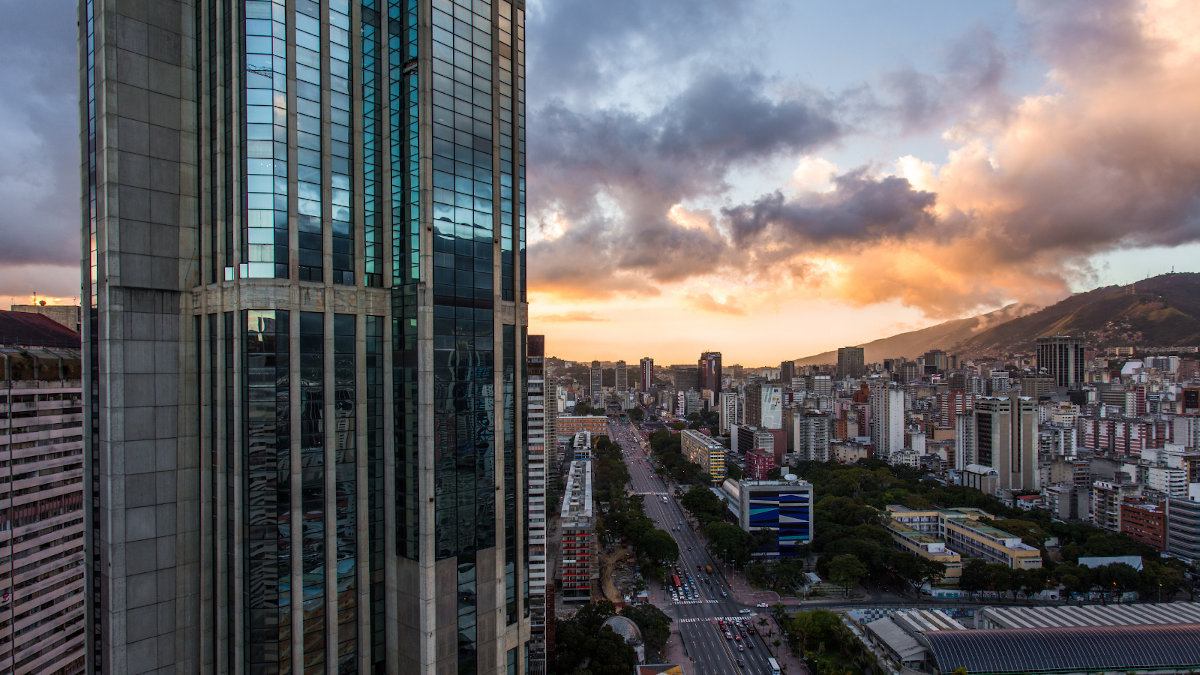
The conversations in Mexico between the opposition Unitary Plataform of Venezuela and the Maduro government, with the intermediation of Norway, represent the failure of the US interventionist strategy and the end of

Two recent events have activated the possibility of relaunching Latin American and Caribbean cooperation and coordination, so neglected during the last five years: Andrés Manuel López Obrador’s (AMLO) speech during the meeting
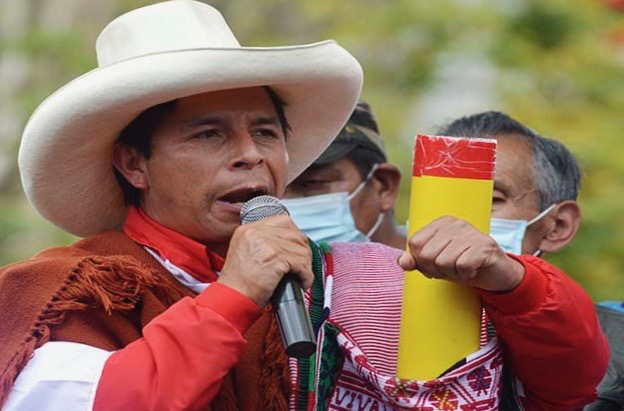
Fujimori and her lawyers know they have lost the elections. What they are trying to do is to delay the process to generate chaos, uncertainty and terrorize the people.
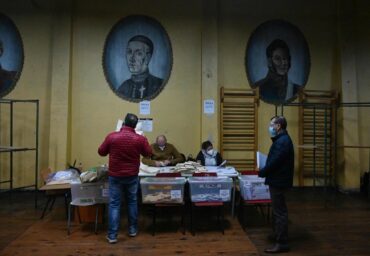
The May 15th and 16th elections in Chile, which encompassed concurrently the vote for the 155 delegates to the Constituent Assembly as well as the vote for municipal officials and regional governors,
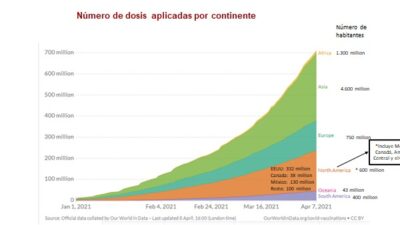
The situation in Latin America is serious. Only enough doses are available to vaccinate 5% of the population during a period of high infection rates and a rising death toll that
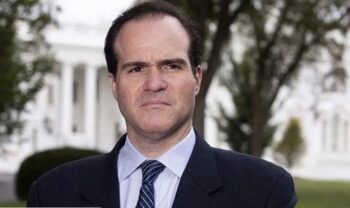
Argentina, Chile, Costa Rica and Mexico proposed suspending the election for president of the Inter-American Development Bank (IDB), scheduled for September until March 2021, to prevent Donald Trump’s National Security Adviser for

On May 23, the World Health Organization (WHO) announced that the epicenter of COVID-19 had moved to Latin America, particularly South America. The region now has the highest number of new cases
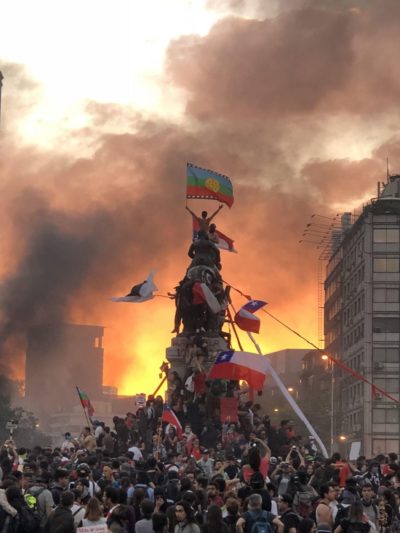
After the outbreak of the most intense and massive social protests ever recorded in the history of Chile, on November 16 the government and most political parties signed an agreement to restore